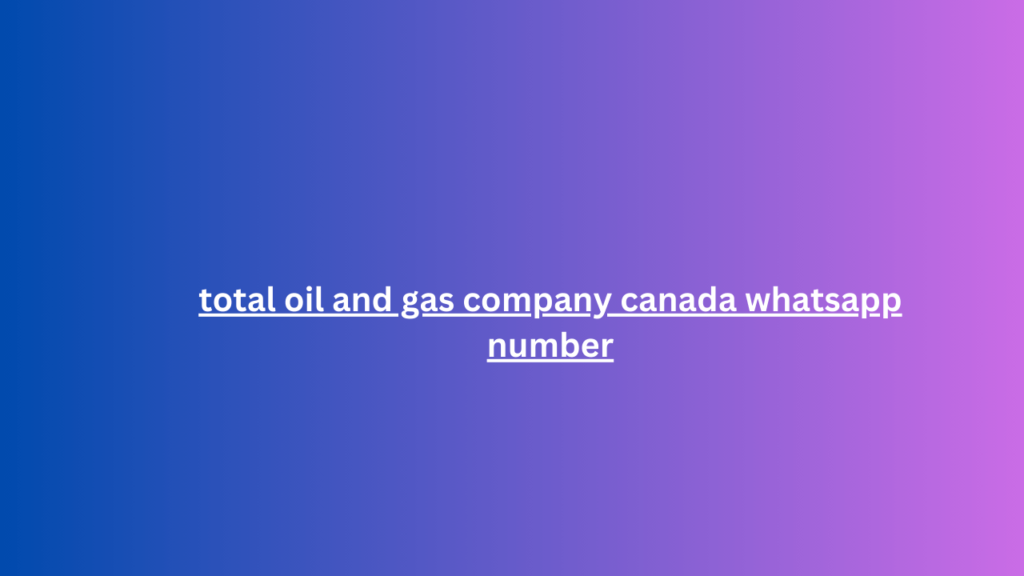ROS - Profitability on sales ratio
Posted: Sun Dec 22, 2024 3:47 pm
The first indicator analyzed in the profitability analysis is the ROS, whose acronym stands for Return on Sales. To obtain the value of this indicator, a calculation must be made based on data such as the net profit generated by the company and the total sales revenue.
What does this look like in practice? This can be illustrated with a simple example.
Let's say Mr. Jan is a sole proprietor total oil and gas company canada whatsapp number providing hairdressing services. In 2020, his total income from the services provided amounted to PLN 90,000. His business costs and taxes amounted to PLN 50,000, which ultimately resulted in a profit of PLN 40,000.
Substituting this into the ROS formula, we get a value equal to 44.45%. How to interpret it? The result of the ROS analysis is the net profit margin – the amount that a company has earned for every PLN 1 of revenue from services rendered. In the example above, PLN 1 generated approximately PLN 0.44 of profit. It is good practice to regularly calculate the ROS if the indicator value increases. This means that the company is operating more and more efficiently. The opposite case, on the contrary, should be a red flag for the company, as it may indicate that it is incurring too many expenses.

In this case, the value of ROS is 44.45%. How to interpret it? The result of the analysis of the ROS ratio is the net profit margin, i.e. the amount that the company earned for every 1 pound of revenue from the services it provided. In the example above, 1 zloty generated approximately 44 cents of profit. It is good practice to calculate the ROS regularly – if the value of the ratio increases, it means that the company is working more and more efficiently. The opposite case, on the contrary, should be a warning sign for the company, as it may indicate that it is incurring too many costs.
What does this look like in practice? This can be illustrated with a simple example.
Let's say Mr. Jan is a sole proprietor total oil and gas company canada whatsapp number providing hairdressing services. In 2020, his total income from the services provided amounted to PLN 90,000. His business costs and taxes amounted to PLN 50,000, which ultimately resulted in a profit of PLN 40,000.
Substituting this into the ROS formula, we get a value equal to 44.45%. How to interpret it? The result of the ROS analysis is the net profit margin – the amount that a company has earned for every PLN 1 of revenue from services rendered. In the example above, PLN 1 generated approximately PLN 0.44 of profit. It is good practice to regularly calculate the ROS if the indicator value increases. This means that the company is operating more and more efficiently. The opposite case, on the contrary, should be a red flag for the company, as it may indicate that it is incurring too many expenses.

In this case, the value of ROS is 44.45%. How to interpret it? The result of the analysis of the ROS ratio is the net profit margin, i.e. the amount that the company earned for every 1 pound of revenue from the services it provided. In the example above, 1 zloty generated approximately 44 cents of profit. It is good practice to calculate the ROS regularly – if the value of the ratio increases, it means that the company is working more and more efficiently. The opposite case, on the contrary, should be a warning sign for the company, as it may indicate that it is incurring too many costs.